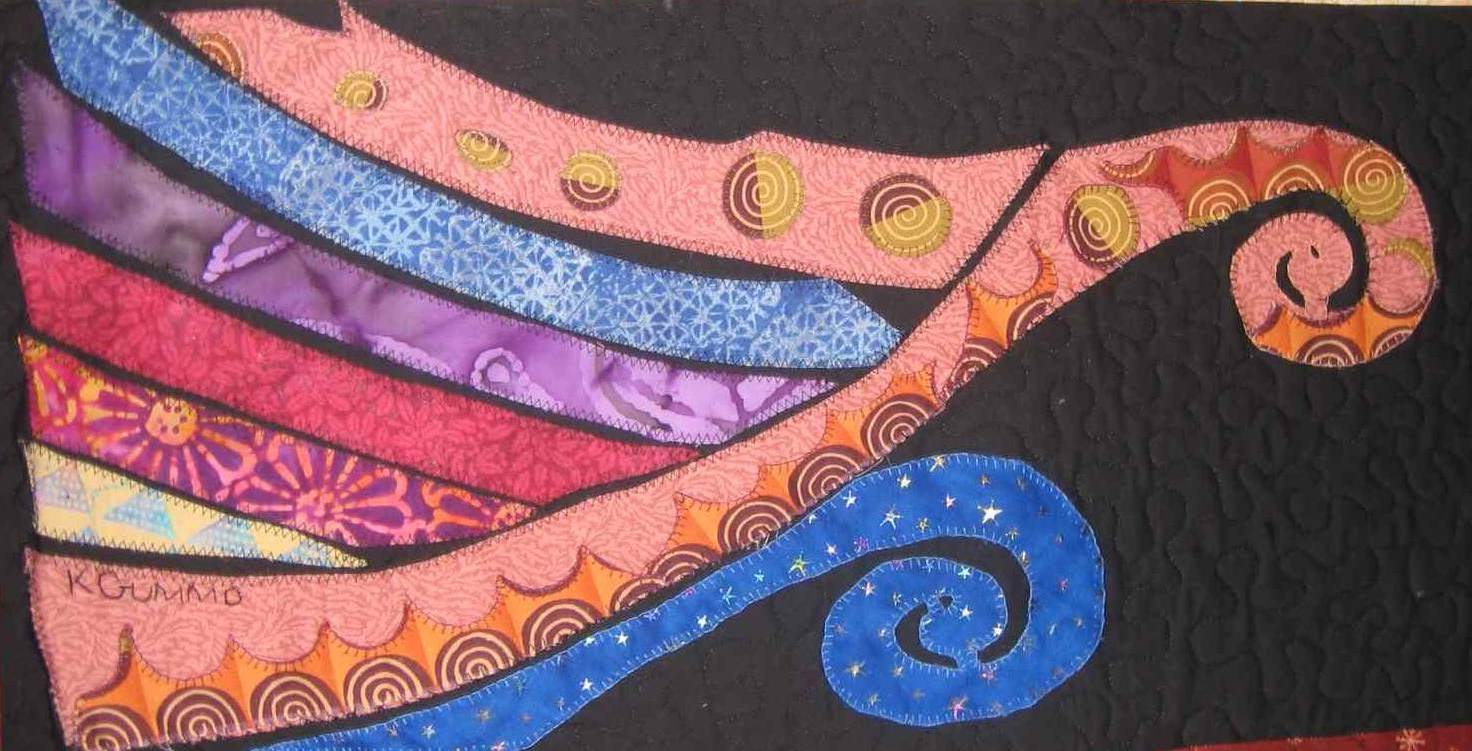The Saga Of Grettir The Strong
Strength and Power are what we seek to possess are they not? Without these, we often feel that we lack the resources necessary to face the world. But they can also be a weakness. Grettir Asmundarsson, descendant of a Norwegian King is a brute of a young man and like many of his age; lazy and spoiled. Full of pride and anxious to preserve his reputation as protector of the community, he forgets his humility and tackles foes more powerful than he could imagine. This lands him in trouble again and again.
Yet Grettir has a soft side. Sometimes he is anxious to please. Sometimes he is hard working. His mother loves and cherishes him, he has good intentions most of the time. But Grettir falls victim to attacks from those who are jealous of his strength. There are great battles and Grettir is usually the victor. At a young age he is banished from Iceland as an outlaw. He proves himself as a strong man in Norway and then comes back to Iceland at the end of his sentence only to find he will be declared an outlaw once more. He has supporters and defenders and he has enemies. How many times can he outwit his pursuers? He is a fugitive and we find ourselves rooting for him right up to his final days on the Island of Drangey.
Within this saga there are shades of Icelandic and British folklore, of Beowolf, of Norah. There is witchcraft and sorcery, there are local tales from the Book of Settlements, ghost stories and slapstick. This saga began to be shared by oral storytellers and bards around the smoky badstofas of Iceland in about the year 1000 and then was recorded on vellum around 1400. It stands out from other tragic sagas as it probes deep psychological depths. No other saga hero has held such appeal for the Icelanders, and is widely seen as personifying the national character.
As the clergyman and poet Matthais Jochumsson said around the end of the 19th century, “You Grettir are my nation.”

